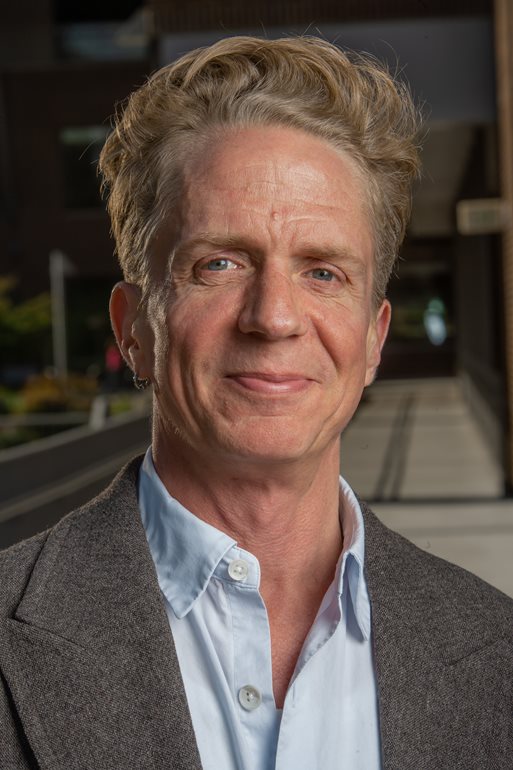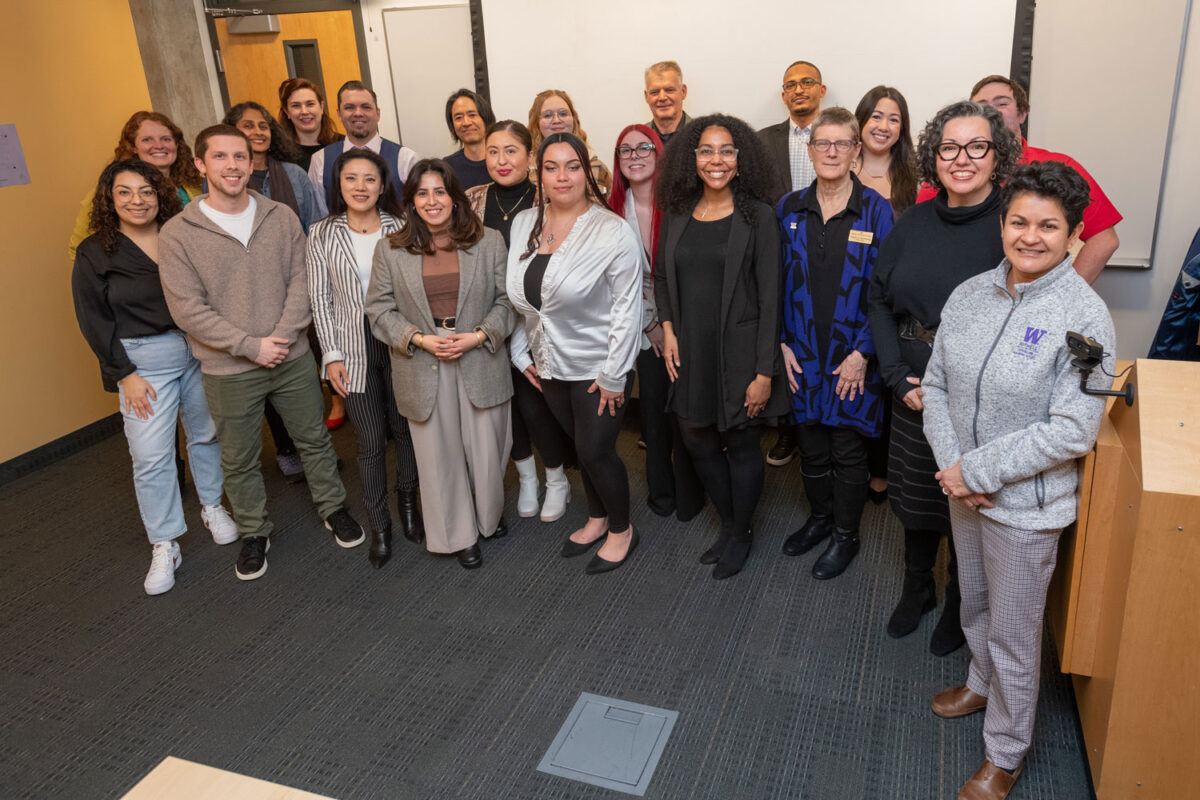The University of Washington Bothell, known for its focus on cross-disciplinary teaching, has reorganized its Community Psychology program into a broader degree in Psychology.

The new major introduces students to a wide range of domains, questions and perspectives of the human experience. As a result, students in the degree program are better prepared to more career pathways, including those that involve collaboration among disciplines and professions.
“Studying how people think and behave can apply to jobs outside of a clinical setting,” said Dr. Eric Stewart, associate professor in the School of Interdisciplinary Arts & Sciences and faculty coordinator for the program. “Graduates will be able to tailor how they market themselves based on their interests and career aspirations.”
Stewart, who received his doctorate in Clinical-Community Psychology, joined UW Bothell in 2009 to start the Community Psychology program, but notes that the word community was limiting.
“Over time, we brought on faculty with more diverse research and teaching interests,” he said. “This new program reflects their expertise — and responds to students’ requests for a more general degree.”
Reaching across disciplines
The study of psychology can open up myriad career options for graduates, said Stewart.
“In this current environment where employers are interested in the concept of people bringing their whole selves to work, this discipline is invaluable,” he said. “In a business setting, there’s the obvious, such as a job in human resources. But it also applies to management and leadership.”
Psychology is also used in the STEM fields, he noted. “We have students in computer science interested in the program so they can design applications that are helpful and more user-friendly. They learn that behavior and environment affect brain chemistry, so they learn to take those factors into account in their designs.”
To prepare students to work, help and live with others in an increasingly multicultural world, there is also a component of diversity and equity in the new major’s coursework.
“Helping students manage this environment creatively and constructively — and not fearfully — is part of the learning objectives of each class,” Stewart said.
Expert, caring faculty
Stewart encourages interested students to visit the program’s faculty webpages to learn more about the professors, their backgrounds and their current work.
“They’ll get an understanding of how deeply faculty care about their teaching practices,” he said. “And equally important, they’ll see the range of faculty expertise and diversity of research being done.”
Stewart said he is already looking ahead to capstone projects, the final assignment for graduating seniors that encapsulates their learning.
“Because we don’t have graduate students,” he said, “our undergrads have great opportunities to engage in research. Many capstones will be based on actual, direct experience of doing the work. That will make them stand out in the hiring process.
“Psychological perspectives inform so much about how human beings work and get along in the world,” Steward said. “Helping this program evolve over time to meet our students’ needs and fully utilize our faculty expertise has been very rewarding.”



